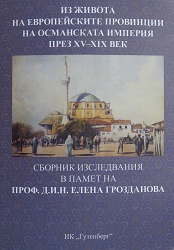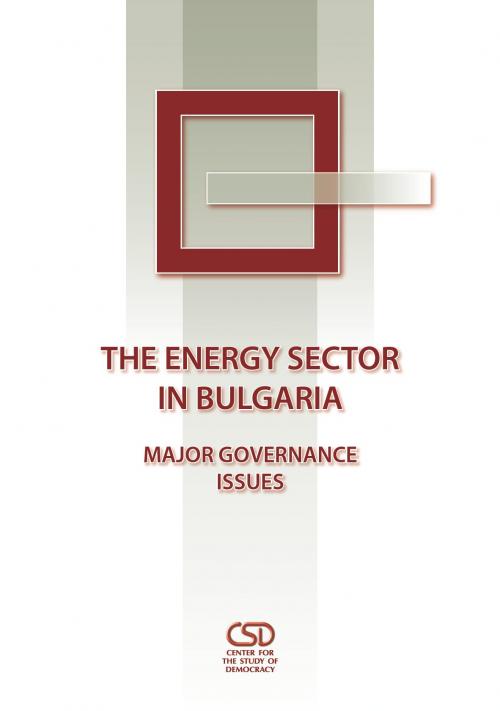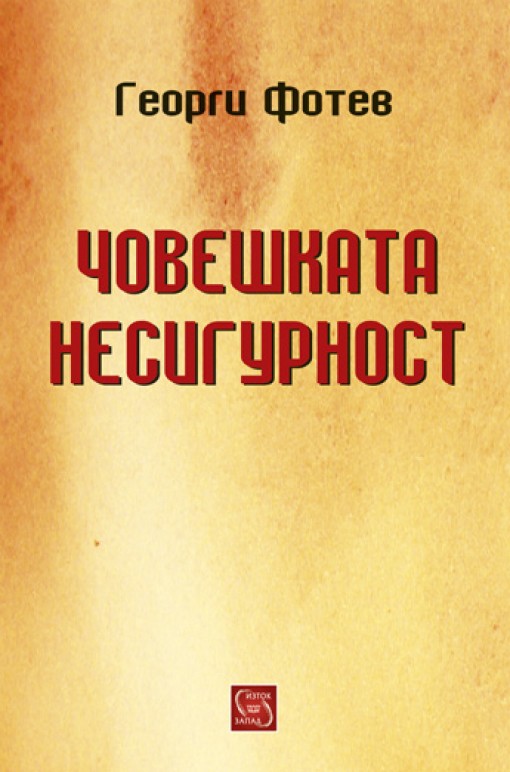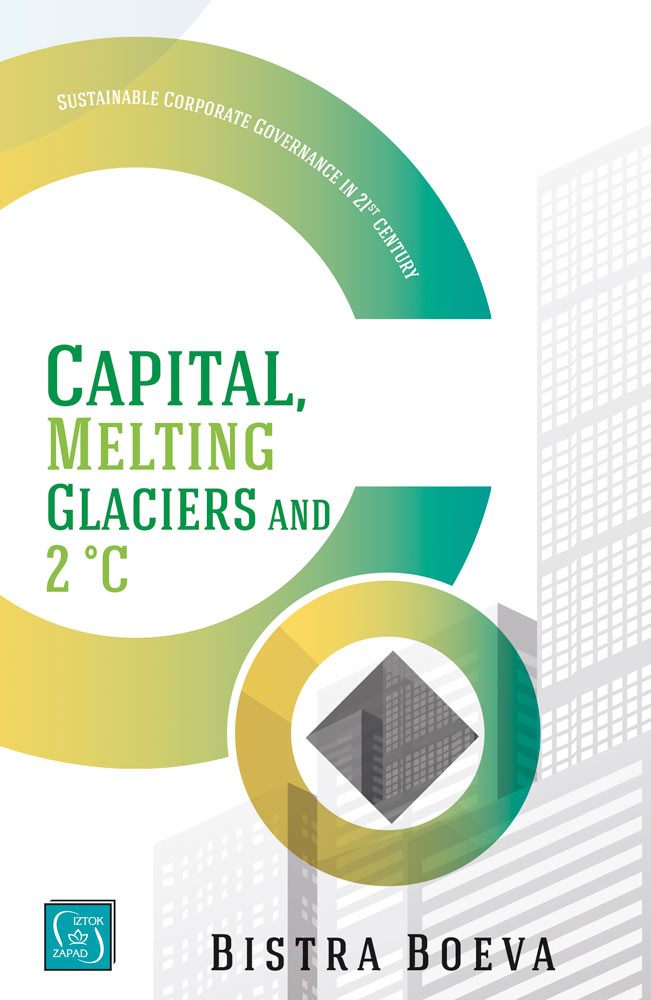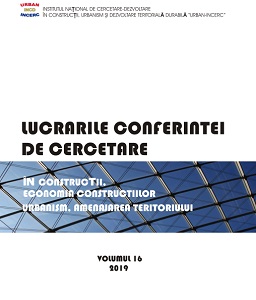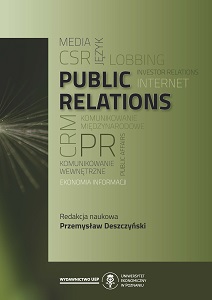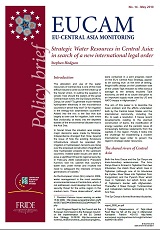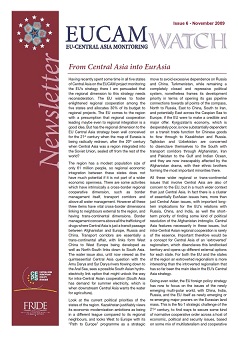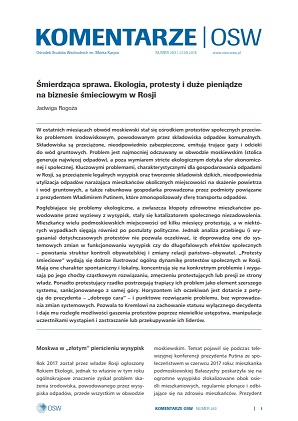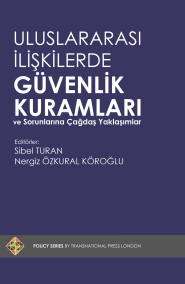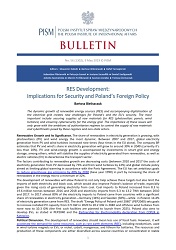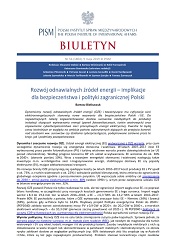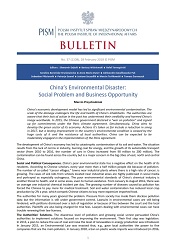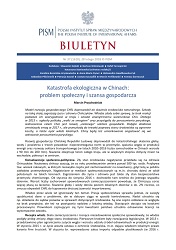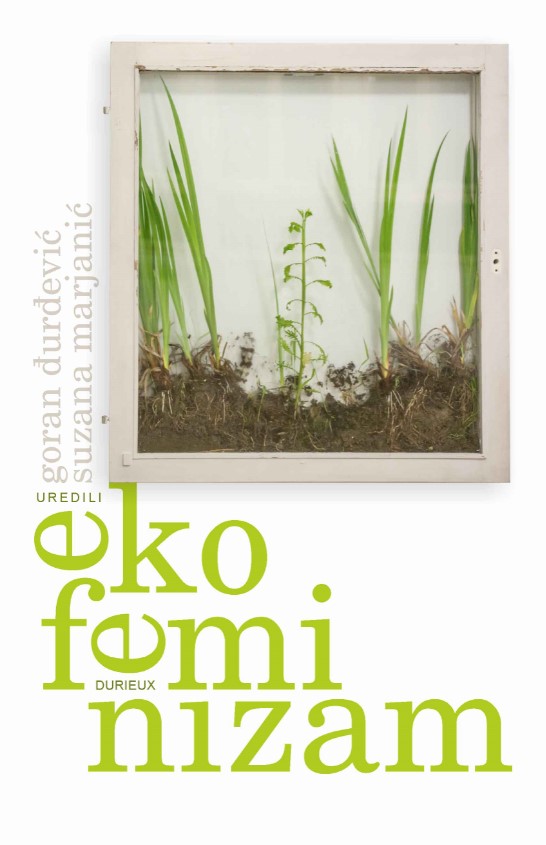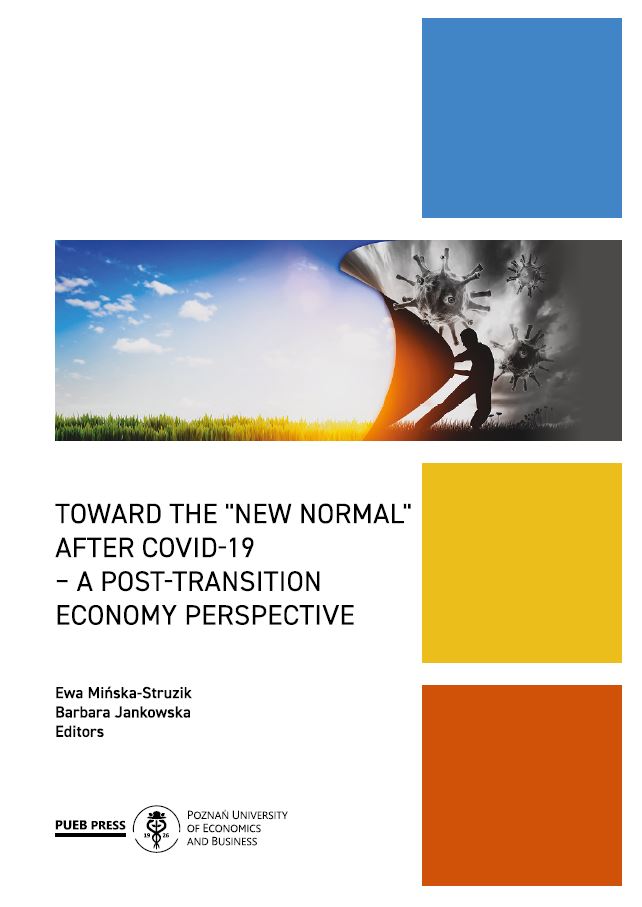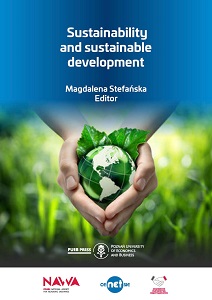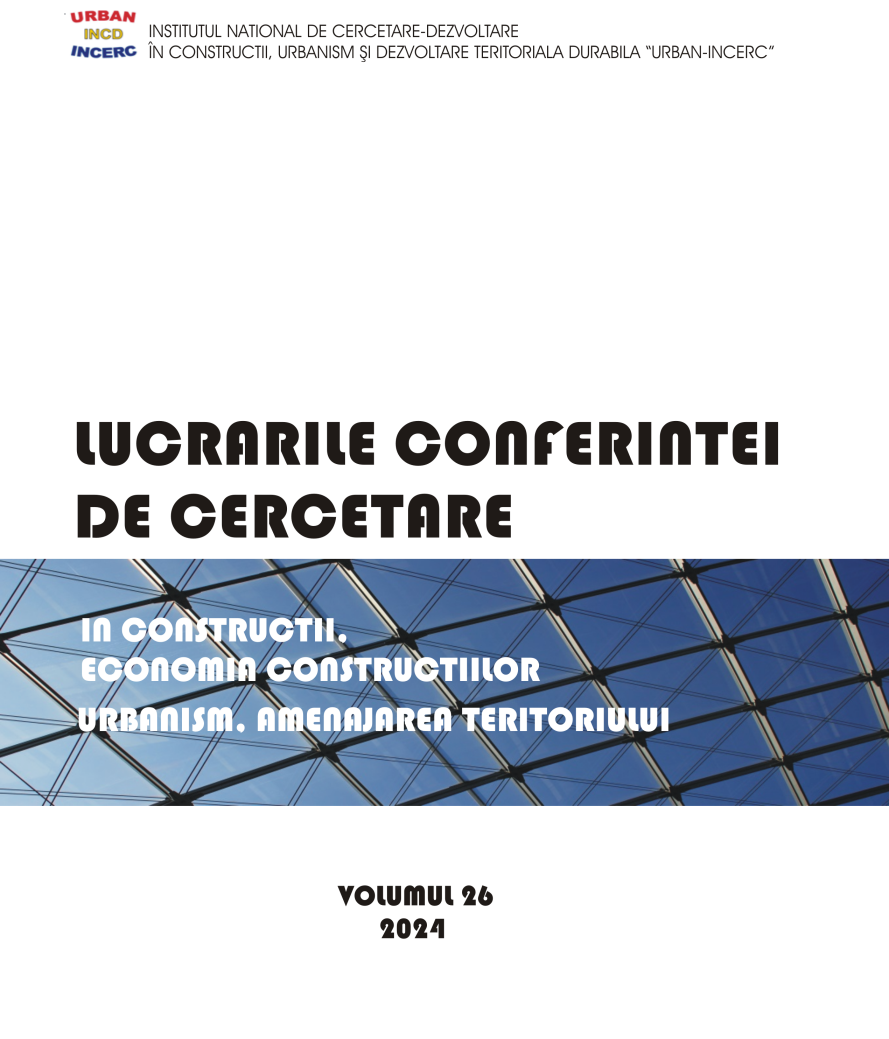Author(s): / Language(s): English
The aim of this book is to present the most important issues related to sustainable development (SD) and corporate social responsibility (CSR). They are discussed from a macro and micro perspective, both in the form of theoretical foundations of these concepts and practical examples of companies operating in Central and Eastern European countries that have implemented these ideas in their daily operations and translated them into corporate and functional strategies. The book consists of four parts. The first one is theoretical in its assumptions and is devoted to explaining the key concepts of sustainable development (SD) and corporate social responsibility (CSR). The authors describe the determinants of sustainable development in the contemporary world, including the most important ones, such as globalization, climate change, poverty, unlimited consumption, as well as limited access to natural resources - all in relation to the goals of sustainable development. The chapter also discusses the concept of corporate social responsibility (CSR), which is now recognized as the process by which business contributes to the implementation of sustainable development. How sustainable development (SD) and corporate social responsibility (CSR) are incorporated into the organization's strategies and influence the corporate strategy on the corporate and functional areas of the organization is presented in the last chapter of the first part of the e-book. The next part of the e-book helps readers understand the concepts of SD and CSR in the field of organizational strategy - in strategic management, and at the level of functional strategies—marketing, human resources, marketing research, accounting and operational management. The authors explain the reasons why companies need to consider the local and global perspective when setting SDGs, and the existence of potential conflicts within them. Taking into account the area of marketing, the authors point to the increase in environmental and social awareness of all stakeholders, which translates into changes in the criteria for decision-making by managers and risk assessment. The issue of sustainability is also the subject of market research. Companies producing products and services, institutions dealing with environmental or consumer protection, scientists and students conduct many research projects related to, inter alia, much more. How to use secondary data for analysis and how to prepare, conduct, analyze and interpret the results of primary research in that area are discussed in detail in the next chapter of this section. The concept of SD also refers to the basic functions of human resource management (HRM)—recruitment, motivation, evaluation and control. They should take into account SD not only for the efficiency of the organization and long-term economic benefits, but also for ethical reasons. Thanks to the SHRM, the awareness and behavior of the entire organization can strongly express sustainable goals in the planning and implementation of the overall corporate strategy. The growing importance of the idea of SD and the concept of CSR also resulted in the need for accounting and finance to develop solutions enabling the provision of information on the methods and results of implementing these concepts in entities operating on the market. This part of the book also examines manufacturing activities in the context of sustainability. As a result, many problems arise: waste of resources, mismanagement, excessive energy consumption, environmental pollution, use of human potential, etc. The chapter presents such concepts as: zero-waste, lean-manufacturing, six-sigma, circular production, design and recycling products in the life cycle as well as ecological and environmentally friendly production. The next two parts of the e-book contain examples of companies from Central and Eastern Europe that used SD goals in their strategies, questions and tasks for readers.
More...
